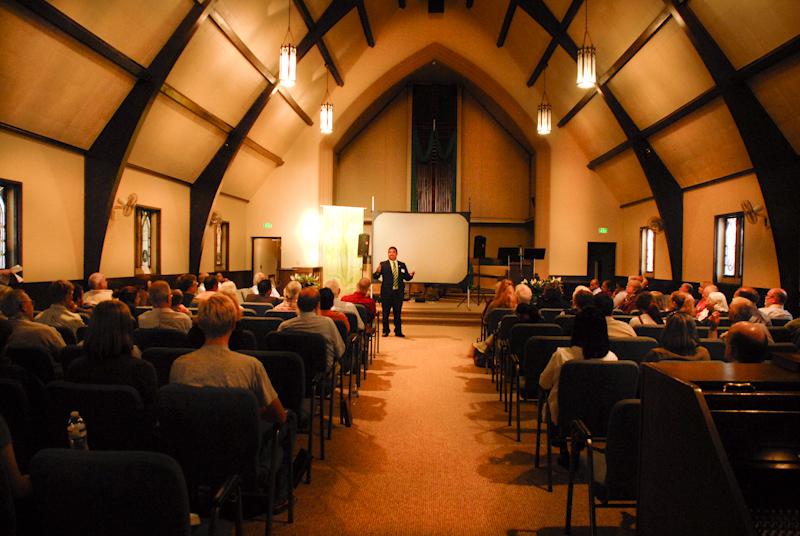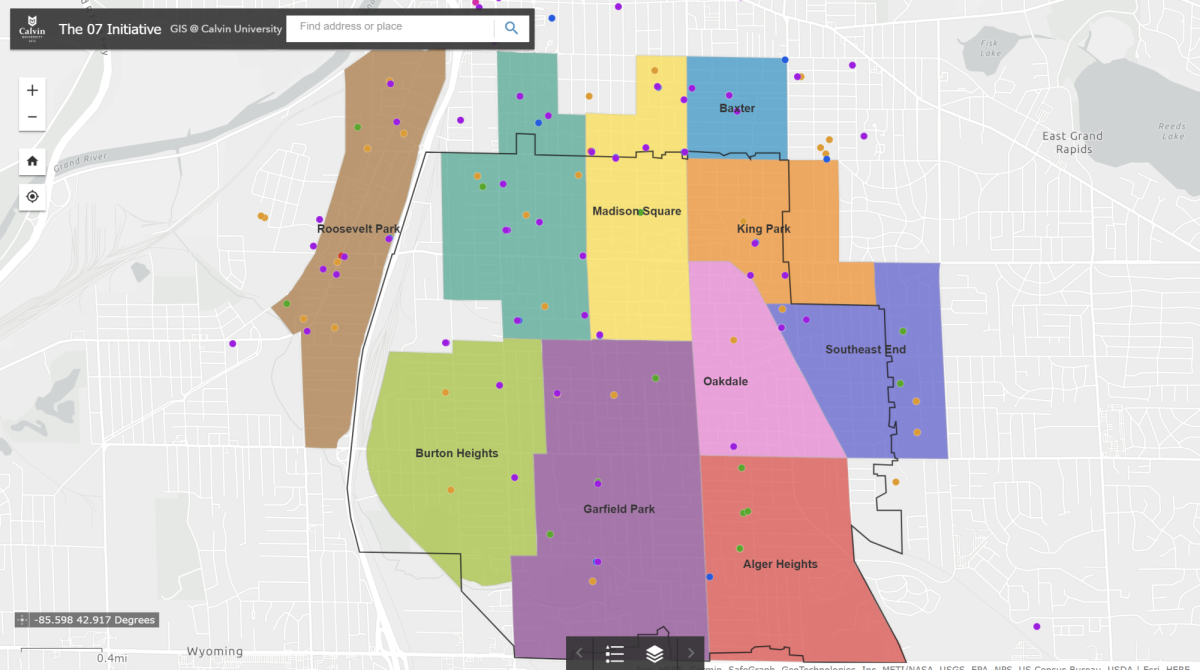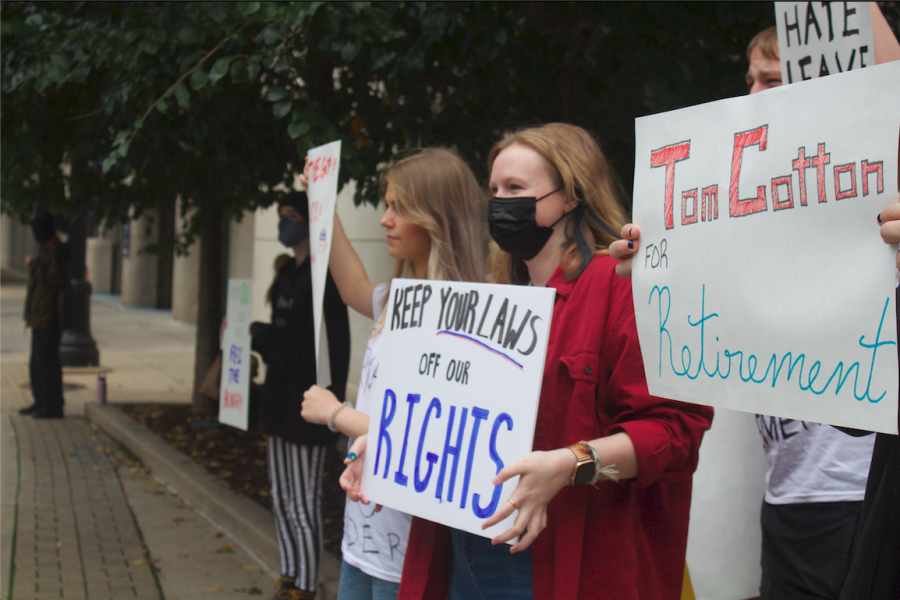“Our babies are dying,” read the handouts at the Micah Center’s latest panel discussion on the racial disparity in infant mortality in Grand Rapids.
Grand Rapids has one of the highest infant mortality rates in Michigan and African-American infants are disproportionately affected.
The infant mortality rate for Caucasian infants is 5.3 per 1,000 infants. For African-American infants it is almost three times as high at 14.9 per 1,000 births — worse than the national average for China, Mexico or Botswana.
The Micah Center is a coalition of over 40 area churches that advocates for justice through different advocacy groups. The goal of the center, said Executive Director Jordan Bruxvoort in his introduction, is to “not only learn about justice, but do justice.
The infant mortality initiative is part of the Health Care advocacy group led by Ruquaiyah Rogers-Baraza.
To facilitate discussion, Rogers-Baraza moderated a panel made of individuals closely involved in fetal and infant health.
Sarah MacDonald coordinates the Fetal Infant Mortality Review program (FIMR) at Spectrum Health and Candace Cowling is the executive director at Family Futures.
Both emphasized how difficult it is to determine exact causes for the racial disparity in infant mortality.
The majority of infants do not die from injuries or treatable diseases, but from prematurity and low birth weight — factors that can be affected by everything from poor access to care to acute maternal stress.
While poverty is a large factor in infant mortality rates, it is not the only consideration.
“Even after you adjust for poverty, the African-American rate is higher,” said Cowling, a disparity she attributed to systemic racism.
“Being a person of color impacts every living, breathing second of your life,” said Cowling. “And we live in a society that has a lot of race problems.”
Both poverty and racism can contribute to symptoms of “toxic stress” in mothers, which drastically affects their pregnancies and infants.
Cowling and MacDonald said that good health services are an important factor against high infant mortality rates but that the services are just the beginning.
“We have to deal with race as an issue,” said Cowling.
The multitude of factors that affect infant mortality make the issue a difficult one to advocate against. One proposal the advocacy group is considering is a special millage to raise funds for prenatal and early childhood health support programs.
Funds raised by the millage could support transportation to prenatal appointments, increased access to healthcare, neighborhood-level support and dual-generation interventions.
Above all, the panel pointed out the importance of communicating with those most affected by the disparity to determine the greatest needs.
Though the conversation was a sobering one, the full sanctuary demonstrated its importance to many in Grand Rapids. As one audience member commented, it is the Christian responsibility to defend the rights of the poor and needy, and “there are few people more needy than infants.”
The Micah Center hosts learning events on the first Tuesdays of every month. Advocacy groups are also open to the public; they meet on the third Tuesday of every month.
The next advocacy group meeting will be on March 17 at 5:30 p.m. at Hope Reformed Church.









